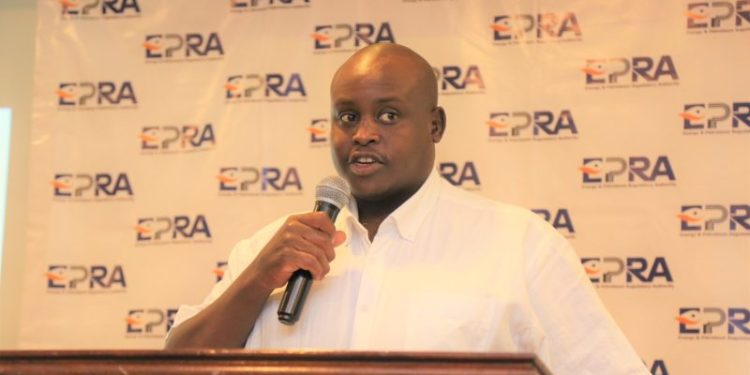Energy and Petroleum Regulatory Authority has plans to have licenses for players in the petroleum sector renewed on a bi-annual or three-year basis to ease of doing business.
This will be a shift from the annual application currently in place.
EPRA Director General Daniel Kiptoo further added that the authority will introduce tanker inspection programs to enhance safety in the handling of petroleum products.
In the proposed changes the director general says even if the facilities will have annual licenses the business licenses should be bi-annual.
He was speaking during the release of the Petroleum Institute of East Africa (PIEA) first quarter 2023 State of the Petroleum Industry report.
Petroleum consumption in the country maintained a two percent increase in 2022 despite the global rise in prices of the commodity, according to the report.
This was boosted by the governments move to effect the subsidies that cushioned Kenyans from high fuel costs.
The price of diesel was cross-subsidized with that of Super petrol while a subsidy of Sh23.49/litre was maintained for kerosene in order to cushion consumers from the otherwise high prices.
In the 2022 period jet fuel use jump 19 percent on increased flights, and political events as high prices choked demand for super, diesel and kerosene.
Consumption of petrol and diesel however have remained constant with a marginal drop in volumes of 1 percent and a growth of 2 percent respectively.
LPG consumption has been on an upward trend from 93,600 metric tons in 2012 to 373,865 metric tons in 2021 and was the only product whose volumes were not negatively impacted by the Covid-19 pandemic
However, the report notes that since November 2021, the Kenya market has experienced a crippling US dollar shortage mainly due to increasing Federal rates (by 30 percent, that is from 3.78 percent in November 2022 to five percent in March 2023).
















